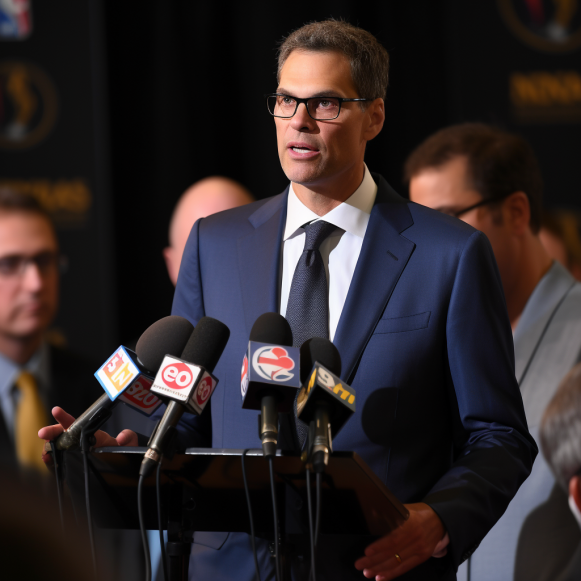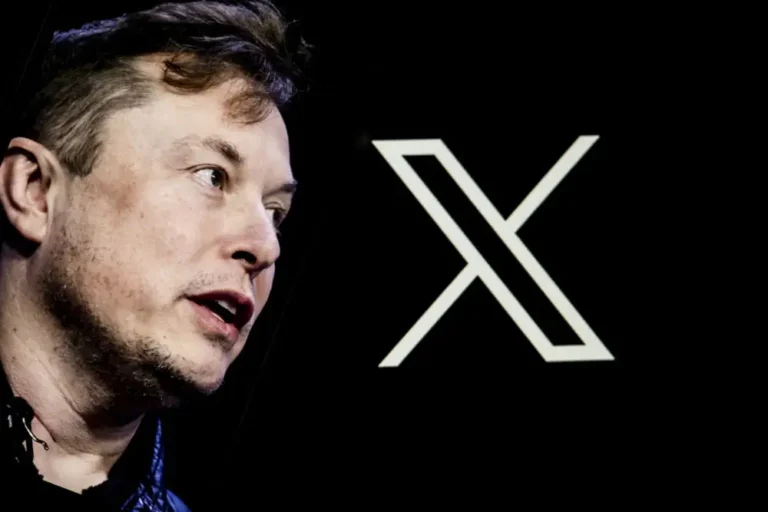With an intensified focus on AI, VC firm Mayfield is closely watching for ‘maturing’ early-stage gen AI startups in 2024

- Earlier this year, Mayfield created its first-ever dedicated seed fund to focus more on AI.
- The firm hired seasoned AI investor Vijay Reddy to lead that fund.
- Reddy and Mayfield managing partner Navin Chaddha reveal the kinds of AI startups on their radars.
Mayfield Fund was one of the first venture capital firms to recognize that artificial intelligence was the beginning of a new technology wave and honed its investment focus on the sector.
AI Start, the firm’s first dedicated seed fund focused on AI, was announced in July. Mayfield also appointed Vijay Reddy, a seasoned AI venture capitalist who has been backing companies long before AI was trendy, to lead the fund’s investing focus.
Prior to launching AI Start, Mayfield had already invested in 25 early-stage AI startups, including MindsDB. But, with a dedicated seed fund, it is increasing its focus on AI.
Reddy and Navin Chaddha, Mayfield’s managing partner since 2009, have big plans for the new fund in 2024. Reddy is keeping an eye out for “maturing” generative AI infrastructure model startups, as many of these buzzy startups will have had enough time to determine a clearer product-market fit. He and Chaddha also keep an eye on open source AI tools, multimodal models, and AI agents, which are beginning to automate many core business functions.
According to Chaddha, Reddy’s background makes him an ideal candidate to lead the $250 million fund.
He’s been investing in AI startups since 2014, when he joined Intel Capital and began writing checks to AI startups such as the AI audio unicorn, Babblelabs, which Cisco acquired in 2020, and AEye, the AI-powered vision sensor for electric vehicles that went public in 2021 via a special purpose acquisition company, or SPAC.
Reddy later joined Clear Ventures, where he led deals in seed and inception stage AI startups such as AICrete, an AI-powered concrete startup, and Spyn, an accounting startup. Chaddha appointed him to lead its new AI seed fund this year.
The new fund’s capital comes from Mayfield’s existing funds as well as the firm’s most recent $955 million raised across two new early stage funds, which it announced in May. Checks will be $1 million to $4 million in size, which is smaller than a typical Mayfield investment check, according to Chaddha. Following their investment, the partners will collaborate closely with technical founders who are often inexperienced in building a startup.
Some of the hottest AI tools and infrastructure startups hoping to compete with legacy players have launched in the last two years, and Mayfield plans to be a key partner to these new startups “from day one,” according to Chaddha.
The team intends to double down and lead deals in seed stage and pre-seed generative AI startups, as well as AI infrastructure startups with an enterprise focus, with the AI Start fund. The team also plans to invest in startups across the “five layers of the AI stack,” which they define as AI application startups, models and middleware, data infrastructure, AI-powered software-as-a-service providers, and semiconductors and systems.
“There’s a big blue ocean out there where we can build big businesses.” “Our job is to find these $10 billion to $20 billion market spaces and invest in those companies and sectors,” Reddy explained.
According to Chaddha, Reddy has already settled into his new role and has been very hands-on in defining and executing the firm’s AI investing strategy.
“It comes down to four Cs,” Reddy explained. The first is providing capital for a generative AI startup’s technical operations, including a larger check size of $1 million to $4 million for a pre-seed or seed startup. Other values Reddy hopes to instill in AI founders include a sense of community, assistance in locating compute power, and assistance with company formation.
“We have a network of the top experts in AI,” Reddy explained, and the team plans to match those experts with AI Start fund founders in order to “bring that expertise to startups.”
Reddy is particularly interested in generative AI infrastructure startups that are creating something that an incumbent like OpenAI or Google cannot easily replicate internally. “When we look at companies which are doing something that is obviously on the roadmap of a cloud company, or the roadmap of OpenAI, we tend to question if they will succeed, when we know these large companies will have to build it themselves.” Reddy, the analyst, added.






